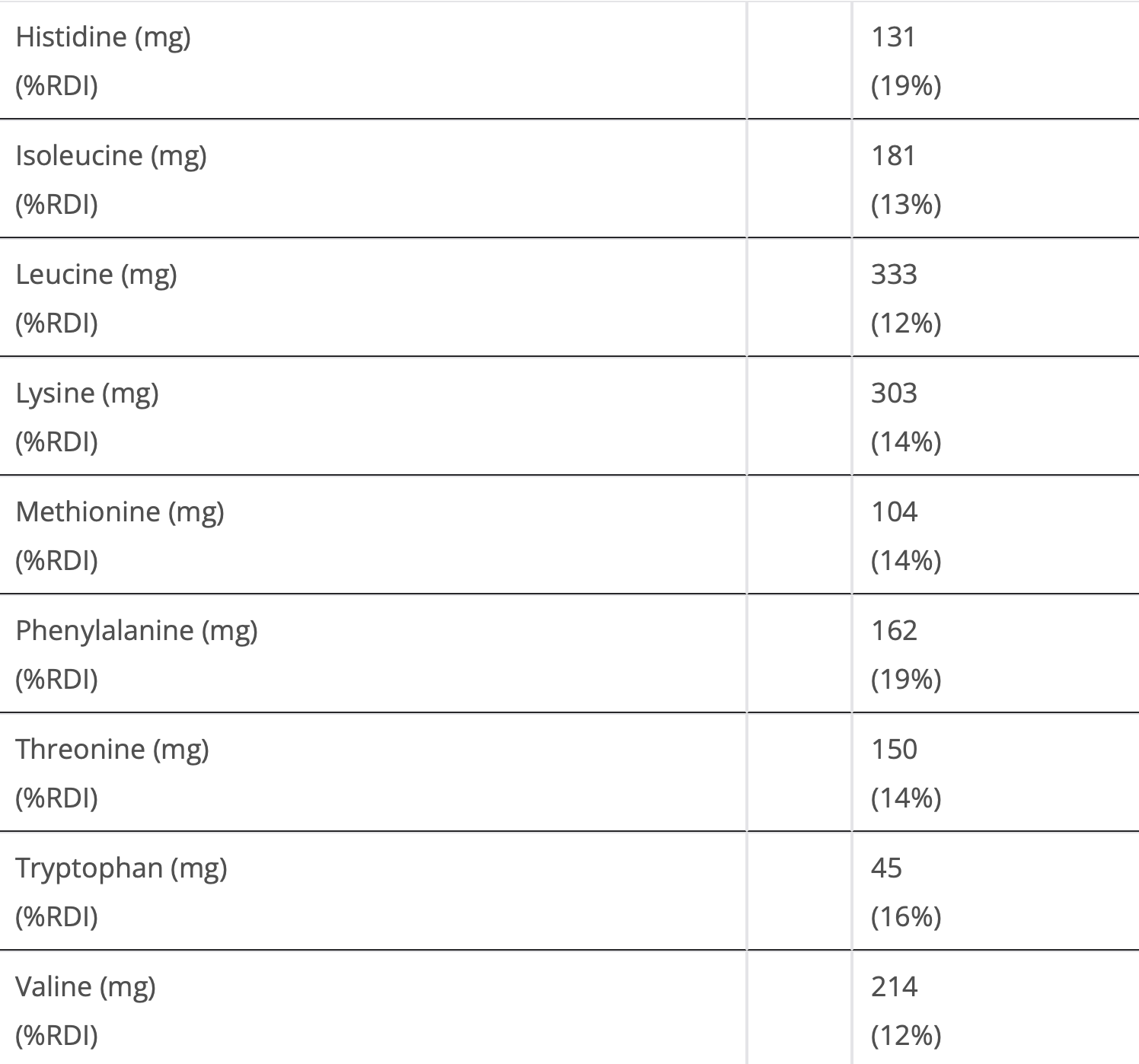Support CleanTechnica’s work through a Substack subscription or on Stripe.
At a grocery store I frequent there is a particular kind of protein bar that has 15 grams of protein and it costs $2.80 with tax. At the same store, a one-pound bag of roasted, salted sunflower seeds is $3.00 with tax.
According to the Food Data Central website, one pound of sunflower seeds has about 90 grams of protein. Wikipedia says about the same amount, and Johns Hopkins says about 80 grams.
There are many people, if not most, who think complete protein only comes from animal foods. The definition of complete protein has been protein that contains all 9 essential amino acids: histidine, isoleucine, leucine, lysine, methionine, phenylalanine, threonine, tryptophan, and valine.
Stanford University nutrition scientist Chris Gardner has pointed out that actually there are plenty of plant foods that are not missing the 9 essential amino acids. They can have less than animal foods for certain amino acids but they are not completely missing them. So, these many plant foods are not incomplete protein.
According to the website My Food Data, sunflower seeds do have all 9 essential amino acids:
- Histidine 177 mg 25%
- Isoleucine 319 mg 23%
- Leucine 465 mg 17%
- Lysine 262 mg 12%
- Methionine 138 mg 19%
- Phenylalanine 327 mg 37%
- Threonine 260 mg 25%
- Tryptophan 97 mg 35%
- Valine 368 mg 20%
The figures above are for one ounce. To make up for the lower amount of lysine, a person could also have some of these plant foods in the same day: lentils, chickpeas, black beans, tofu, tempeh, pumpkin seeds, hemp seeds, chia seeds. wheat germ, quinoa, and spirulina.
Some of the same foods above can be consumed to add leucine as well as: almonds, brazil nuts, cashews, peanuts, and brown rice.
For people who are worried or concerned about not getting enough of certain amino acids they could try a protein powder.
The amount of the essential 9 amino acids in pork sausage is not that different from sunflower seeds.

The sunflower seeds have more Tryptophan, Valine, Methionine, Phenylalanine, Histidine, and Leucine on a percentage basis.
Of course, the point is not that anyone would or try to live on only sunflower seeds. The point is there are many plants that have all 9 essential amino acids; they are not missing any.
The amount of essential amino acids varies, so yes, combine plant foods to balance the intake of essential amino acids. A more thorough definition of complete protein may be all the 9 essential amino acids in adequate levels. Plant foods that are complete protein can be combined to balance amino acids.
When it comes to daily protein consumption there is some confusion; some people think the US Recommended Daily Amount is 0.8 grams per pound of body weight, but it is actually 0.8 grams of protein per kilogram of body weight or 0.36 grams of protein per pound of body weight.
A person who weighs 154 pounds would need about 56 grams per day as a minimum. More could be consumed based on individual needs such as activity level and age, etc. A person who weighs 154 pounds would most likely not need to consume 123 grams of protein per day which would be 0.8 grams of protein per pound of body weight.
CleanTechnica is not a health or nutrition website, but human daily food choices do have an impact when it comes to climate change and other environmental considerations.
Some of the worst foods for climate change are the most commonly consumed ones: beef, dairy products, pork, lamb/mutton, and farmed shrimp.
The same is not true of sunflower seeds. Plants foods tend to be the lowest carbon foods.
“The lowest emissions option would be to adopt a vegan diet and cut out meat and dairy altogether. If the whole world went vegan, global food-related emissions would fall by up to 70% by 2050, according to a study by the Oxford Martin School at the University of Oxford.
“A diet rich in peas, pulses and nuts can be incredibly low-carbon. Producing 100g of protein from peas emits just 0.4kg of CO2e. This is almost 90 times less than getting the same amount of protein from beef. Other pulses, such as lentils, have a GHG footprint of 0.8kg of CO2e. Tofu production, meanwhile, generates 2.0kg of CO2e per 100g – these emissions are mostly linked to the clearance of land for soy production, says Bridle.”
In addition to the false belief that plants can not be complete protein, there is also a belief that plant foods ‘cost too much’. In fact, many plant foods actually cost less than animal foods.
To get the same or similar amount of protein as the sunflower seeds, a person would need to consume about one pound of 70% lean ground beef which would cost at least several dollars more than the sunflower seeds. The amount of ribeye steak would vary depending on the cut but it would be about three-quarters of a pound to one pound. This amount of meat type would cost several times more than the sunflower seeds, not several dollars more.
To get the same amount of protein, about 1.5 pounds of Hill’s premium pork hot dogs would need to be consumed. The cost is about $9, which is $6 more than the sunflower seeds. (That amount of hot dogs also has unhealthy amounts of saturated fat and sodium.)
One of the unhealthiest aspects of animal meat is that it contains no fiber. Fiber is an essential nutrient for human health. “High fiber diets have been linked to health benefits such as improved metabolism and heart health. However, as little as 5% of the U.S. population consumes the recommended level of fiber. Fiber supplementation could help fill this gap, but the health effects of purified fiber supplements haven’t been well studied.”
Plant foods are an excellent source of fiber and other nutrients.
One plant food that is not so climate friendly is rice; here is an article about some alternatives that are more climate supportive.
With all this information about food one might get the impression agriculture is the primary source of climate change emissions, but it is actually fossil fuels.
Sign up for CleanTechnica’s Weekly Substack for Zach and Scott’s in-depth analyses and high level summaries, sign up for our daily newsletter, and follow us on Google News!
Have a tip for CleanTechnica? Want to advertise? Want to suggest a guest for our CleanTech Talk podcast? Contact us here.
Sign up for our daily newsletter for 15 new cleantech stories a day. Or sign up for our weekly one on top stories of the week if daily is too frequent.
CleanTechnica uses affiliate links. See our policy here.
CleanTechnica’s Comment Policy




